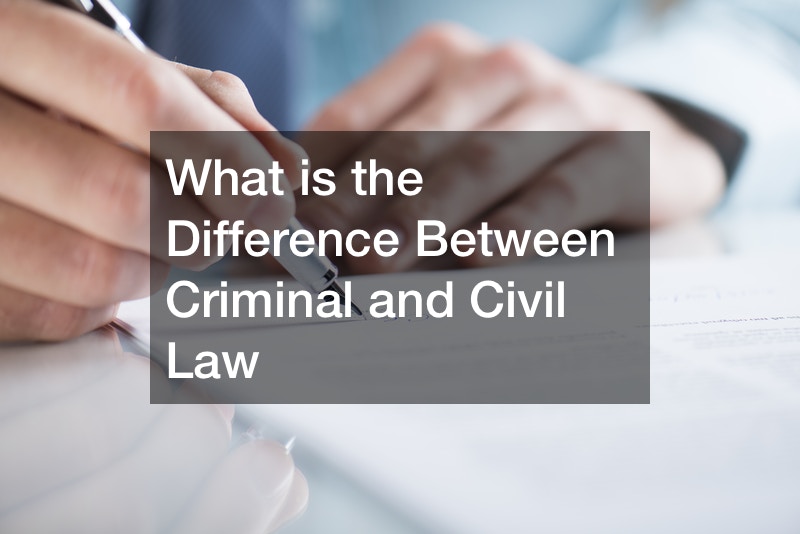
During the OJ Simpson trial in 1995, people across the nation learned that there were two ways that Simpson could be prosecuted — in criminal court and in civil court. Simpson was found innocent. In civil court, he was found “liable” for the death of Nicole Simpson, and told to pay $33.5 million to the grieving family. Business law professor Jay Milbrandt explains the difference between criminal and civil law.
Both types of law are separate from each other. If you are being tired at a criminal law court, you want to hire a criminal attorney, not a civil attorney. In criminal court, the government of a geographic location tries you, such as the state or the nation. In civil law, the victim or relatives of a dead victim can sue you.
In criminal law, you can go to jail or, depending on what state you live in, be put to death. In civil law, you have to pay a fine in some way. You can also lose your property like your house or your sports memorabilia collection in order to compensate the victims.
By the way, decades later, Simpson only paid the Goldman family $133,000. Civil law just does not carry the consequences that criminal law does.




